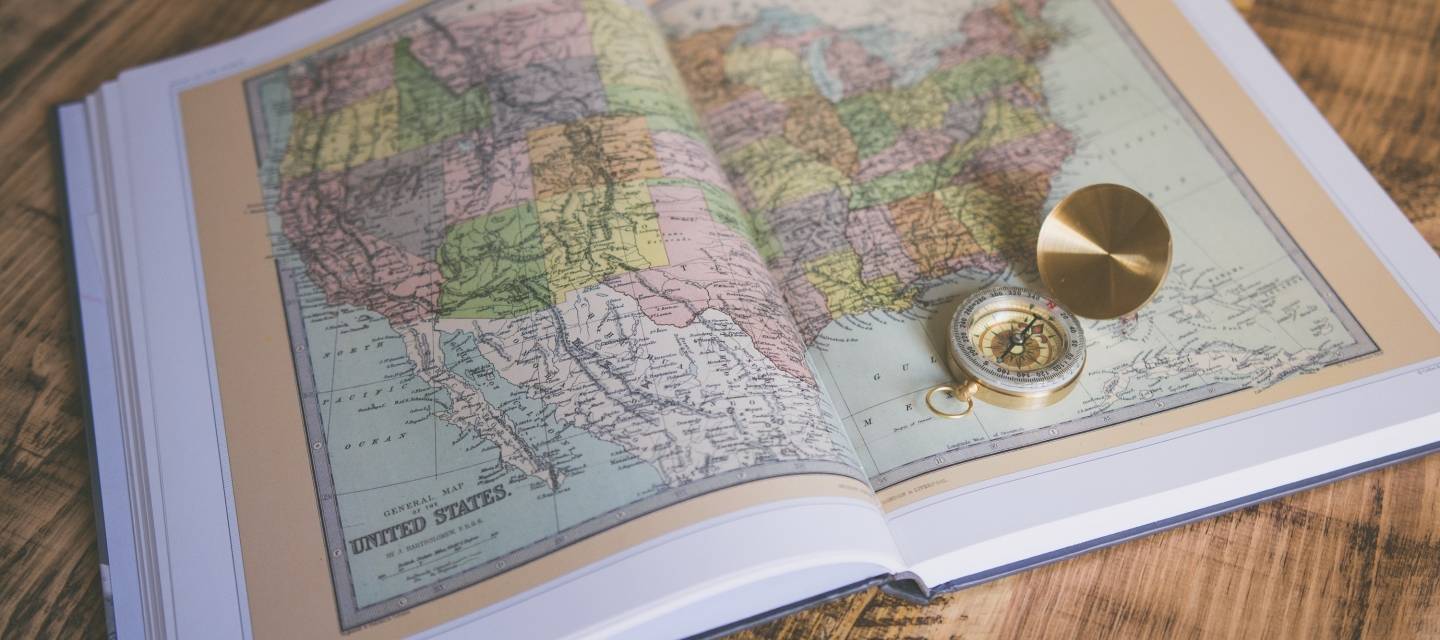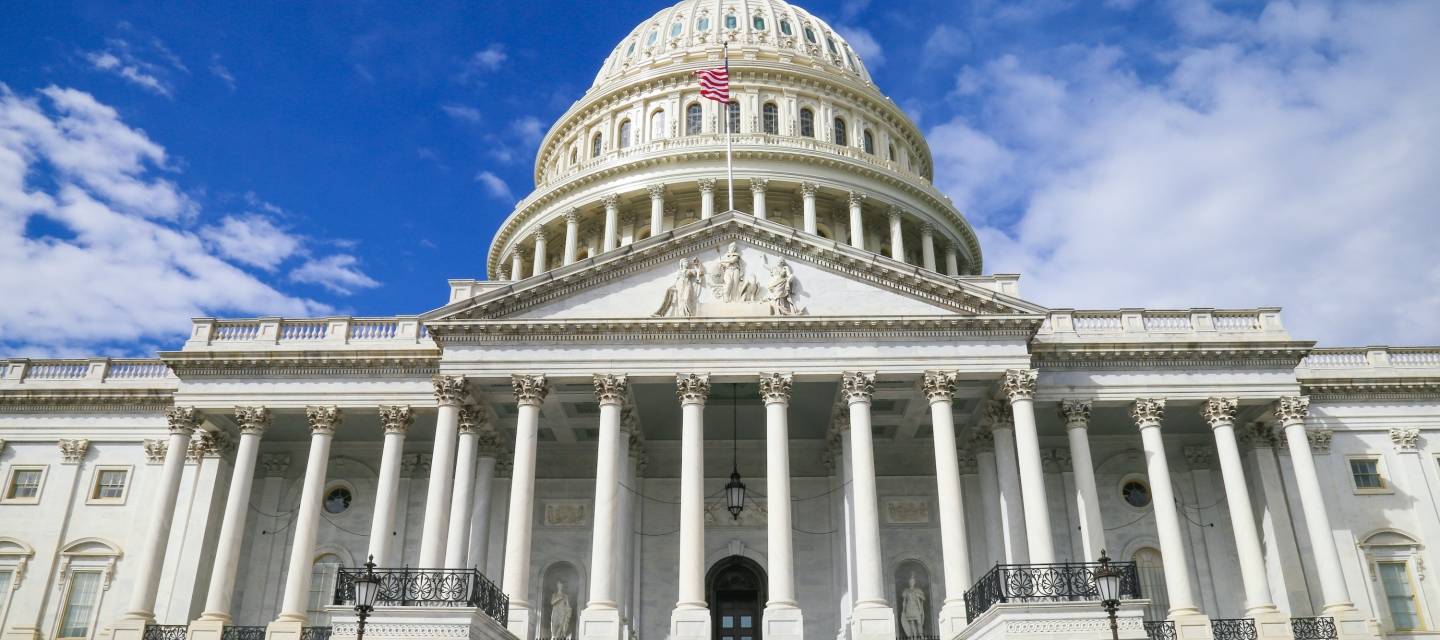In praise of pioneers – meet the historical figures who kick-started global mobility

It is estimated that there are currently around a quarter of a billion people living and working outside their country of origin. Much has been written on our FIDI blog (and elsewhere) on how these expats work, how they learn to live in different cultures, how they succeed professionally, and how they are managed by the companies who send them overseas.
But there is something more fundamental that drives most expats: a sense of adventure.
Throughout history, people have wanted to travel and experience life outside the confines of their own country and there are a number of individuals whose travel experiences have inspired others to follow them. Each one blazed different trails – not just geographically, but by changing the way we understand different aspects of the world around us, and thus paving the way for later generations.
Here’s to the pioneers – the true founders of global mobility.
Changing our perception of the world - Christopher Columbus

As every schoolchild knows, Columbus was the first to set foot in North America. Except that he actually landed in the Bahamas. And he thought he had landed in India. And fishermen and fur trappers from Europe had been visiting the continent for centuries anyway.
However, he was the first to formally lay claim to the New World, on behalf of his sponsor, King Ferdinand I of Spain. And given the importance of the North American continent in global culture and economics, it is not surprising that historians wanted to pin it down to a single event and a single person.
Some see him as a brave adventurer, some say he was a pompous profiteer, others say he simply got lucky. Yet the fact remains that our perception of the world shifted following his discovery and he is celebrated for that, with at least 31 towns, countries, or districts named after him. Misguided or otherwise, he has left an impressive legacy.
Establishing trade routes - Marco Polo

The book The Travels Of Marco Polo was written in the 13th century and was the first written account of life and cultural practices in Asia and the Far East ever seen by Europeans.
But the reason his account is so revealing is that he did not just explore, observe and come home again: when he arrived at the court of the Mongol emperor, Kublai Khan was so “impressed by Marco's intelligence and humility” that he offered him a job as foreign emissary.
Sent on diplomatic missions to places such as present-day Myanmar, India, Indonesia and Vietnam, he gained first-hand experience of many things that had previously been unknown to Europeans. Thus, Marco Polo became both a legendary explorer and the first true expat, gainfully employed to work in a new host country.
Making the world a smaller place – Amelia Earhart

A key difference between early explorers and modern day expats is the convenience and affordability of modern-day travel. Travelling around the world was once an arduous and expensive pursuit - for the bravest, richest and most foolhardy only. But amongst this band of pioneers, the aviatrix Amelia Earhart stands out.
She became a celebrity in 1928 as the first female passenger to cross the Atlantic by airplane, and then went one better in 1932 with the first non-stop solo transatlantic flight by a female pilot. Lost at sea in 1937 during an attempt to circumnavigate the world by airplane, Earhart proved that globetrotting was not a male-only pursuit and has been an inspiration to generations of female travelers.
On global politics and war – Ernest Hemingway

A legendary and hugely respected novelist, Ernest Hemingway conjured up an image of the ultimate political expat, and helped millions of people towards a better understanding of social, political and cultural differences between countries. He fought in wars, he joined activist groups, and then wrote about them. He didn’t just travel, he espoused worldly causes.
To read novels like The Sun Also Rises is to be plunged into the expatriate community of Paris in the 1920s, while For Whom The Bell Tolls vividly recounts life during the Spanish Civil War. This is someone who travelled around the world driven by conscience, not a wanderlust whim, and painted a picture of an often turbulent world that has captivated millions.
Upsetting conventions – Lady Hester Stanhope

Stanhope started out life in a quite traditional way, playing society hostess for her uncle, William Pitt the Younger, the British Prime Minister. Yet from the age of 30, she defied the conventions of the time and began travelling the world. Not only was Stanhope one of the first women to travel alone in the Middle East, during expeditions that involved dressing as a man, carrying a sword and riding an Arab stallion, she also set a series of firsts.
She was the first woman to cross the Syrian desert and a pioneer in the establishment of modern archeology in the Holy Land. In a world where women still face obstacles to achieve parity with male colleagues in selection for global assignments, the legacy of such female pioneers is increasingly important.
A global palate - Anthony Bourdain

As more people travel, the culinary influences of different countries have become more widely known and, in our modern culture, the people who are making that happen are not explorers but TV celebrities.
Until his tragic suicide in 2018, writer, chef and TV star Anthony Bourdain was seen by many as the world’s most international chef; he not only made US audiences aware of ‘exotic’ global cuisine but he also made it desirable. The broadening palate of the typical consumer is largely down to him: former US President Barack Obama said that he “made us a little less afraid of the unknown”.
He may not have discovered countries or established trade routes, but Bourdain is central to the global understanding of global food culture and as such has made the word both a smaller place, and a more tempting one to explore.
What can everyday expats learn from those who went before?
Pioneers such as these are not there to offer practical advice on surviving as an expat. But don’t forget that every assignment is an adventure.
While there are mundane issues to take care of (visas, insurance, work, rental etc.) we should not forget the romantic side of global mobility. These pioneers did what they did for the love of exploration and there is a thrill-seeker and explorer in the heart of most modern expats too. Be inspired by their stories, and go enjoy the world.
You can’t explore different countries without also exploring different cultures. Find out more about the cultural challenges facing expats here.



